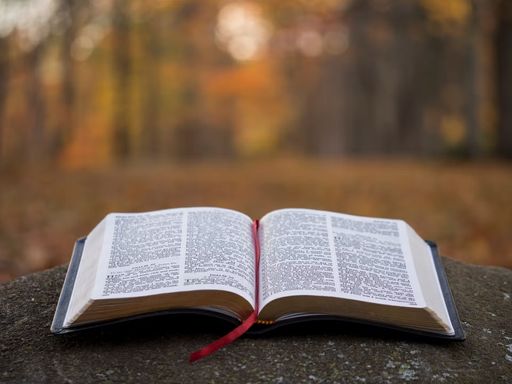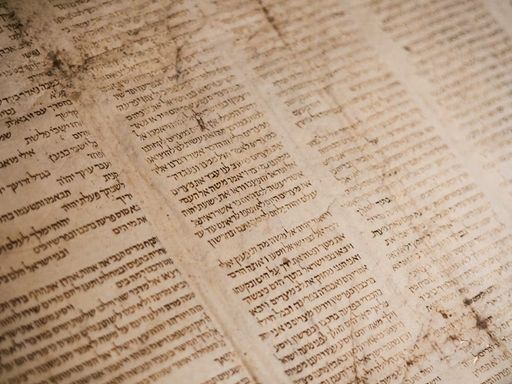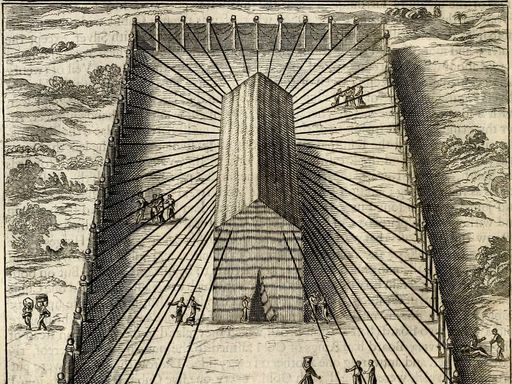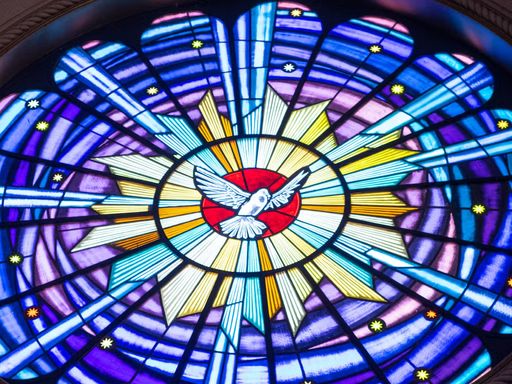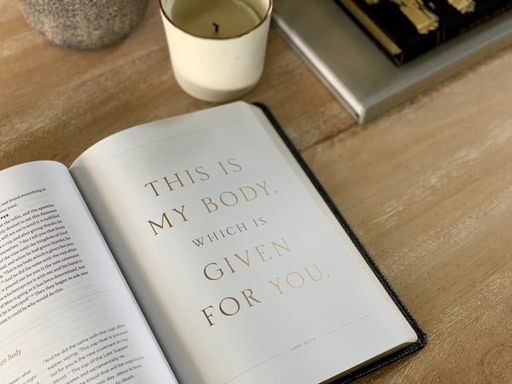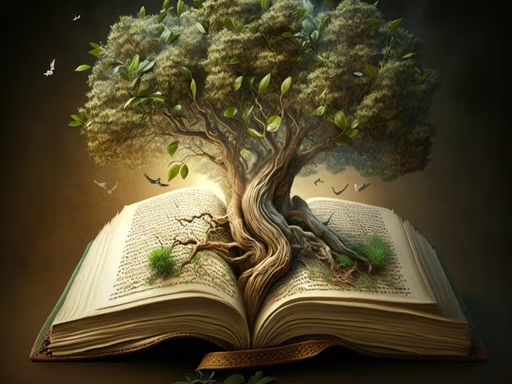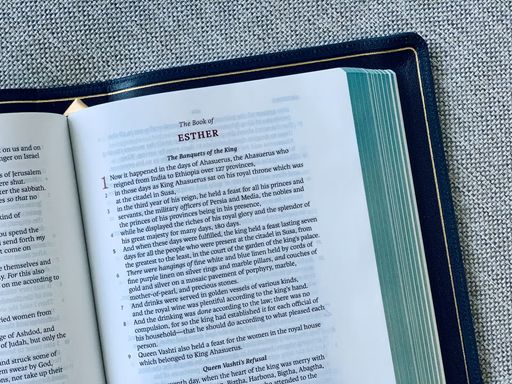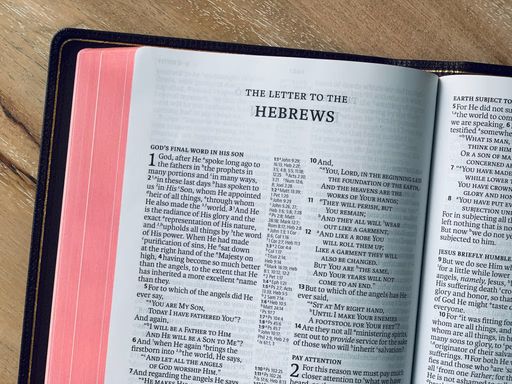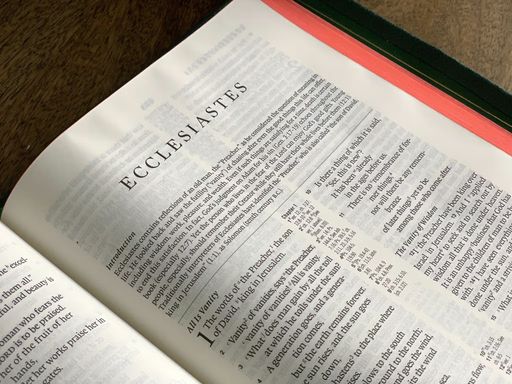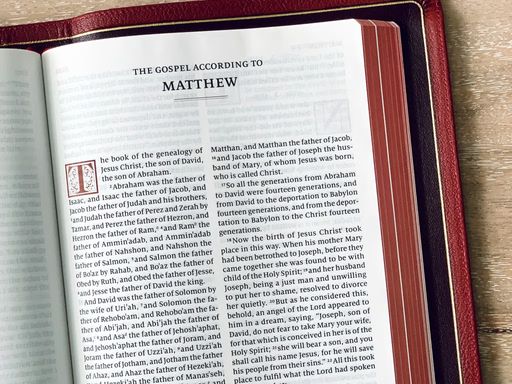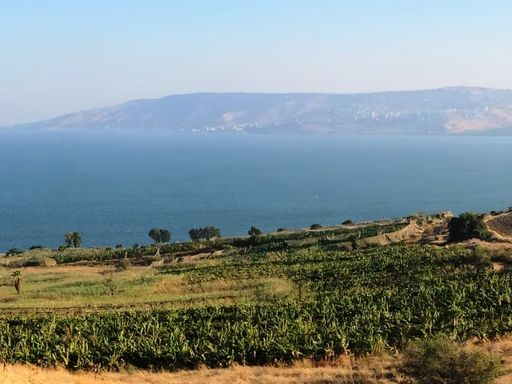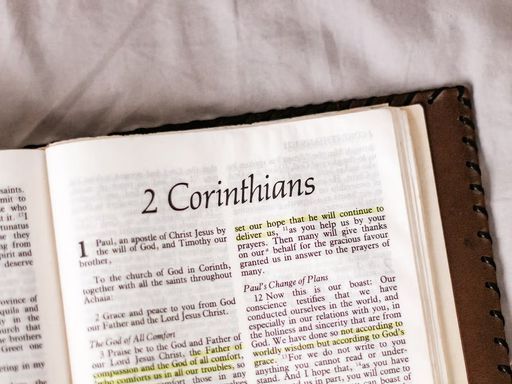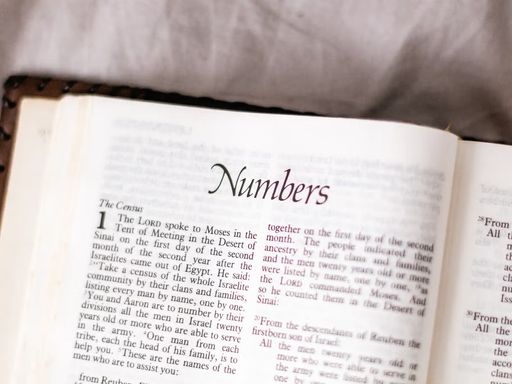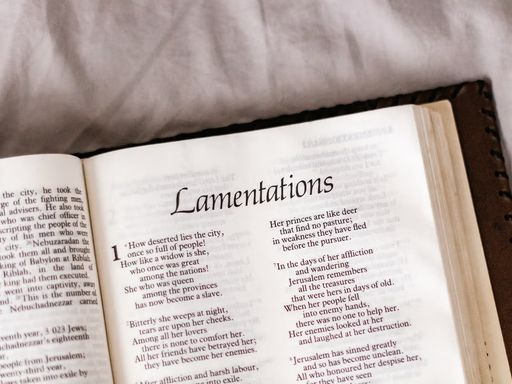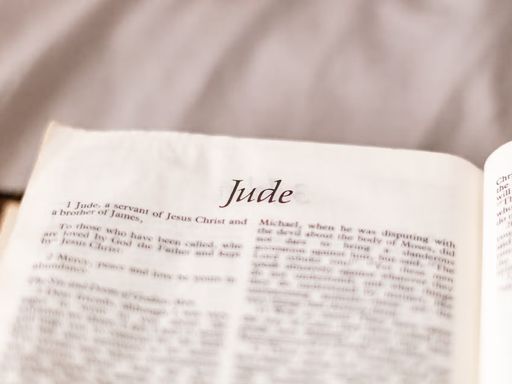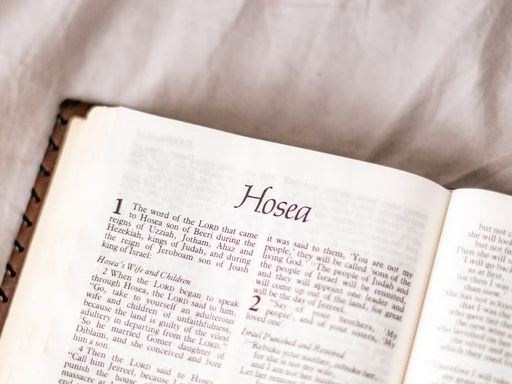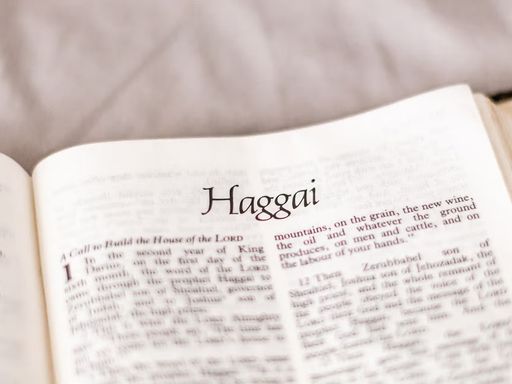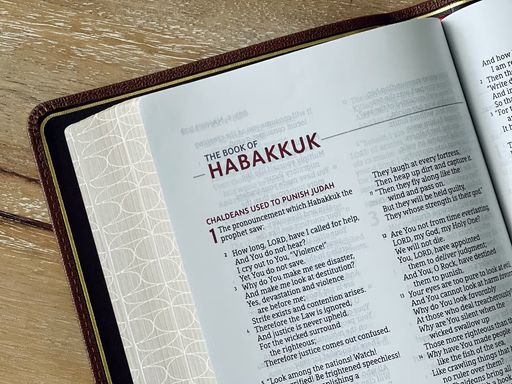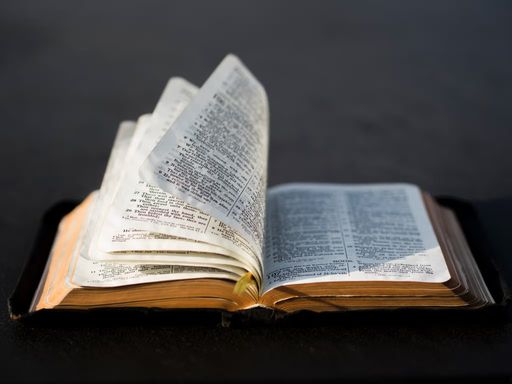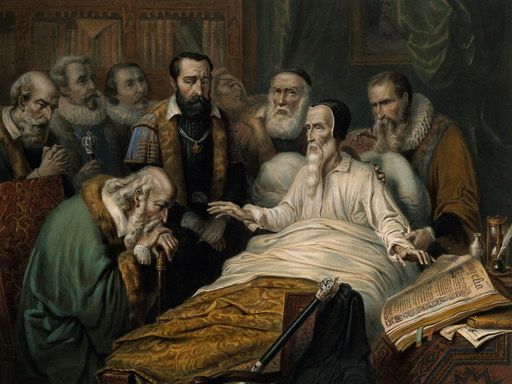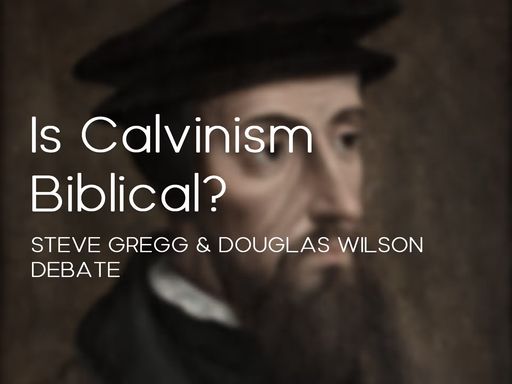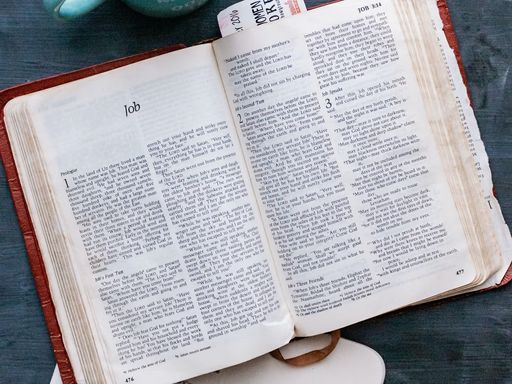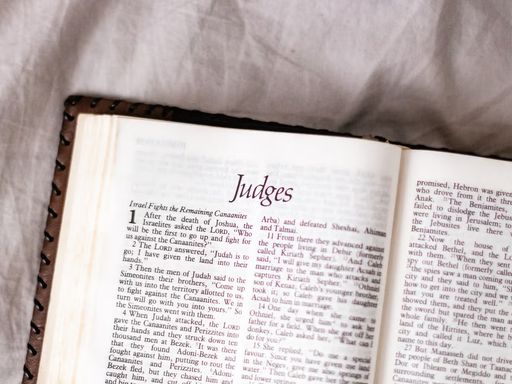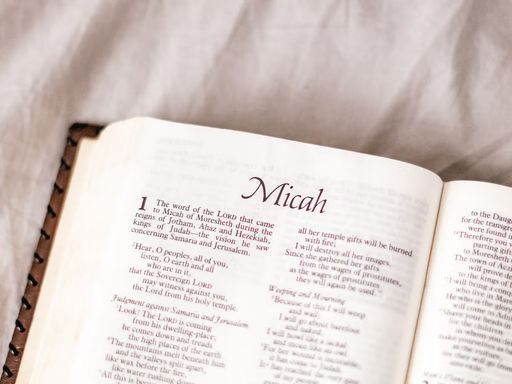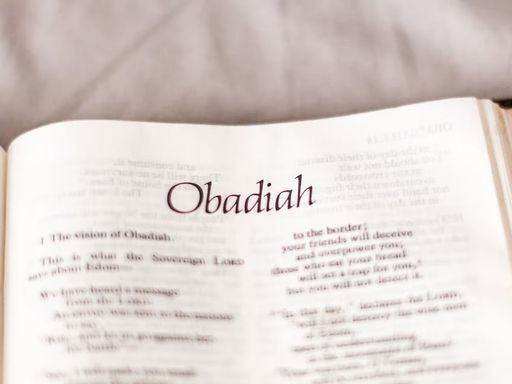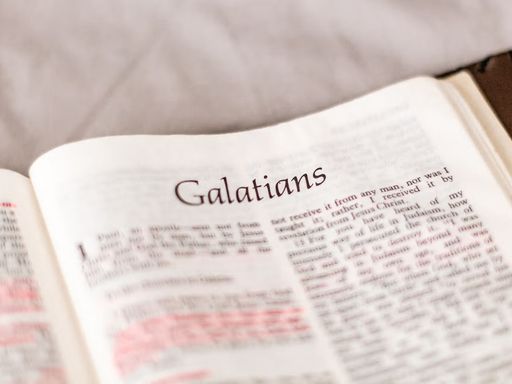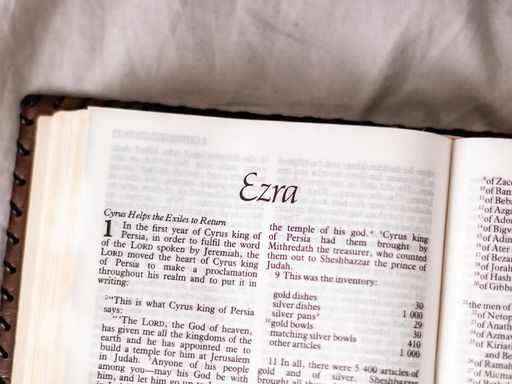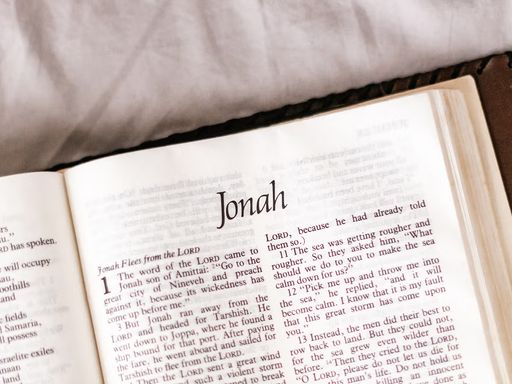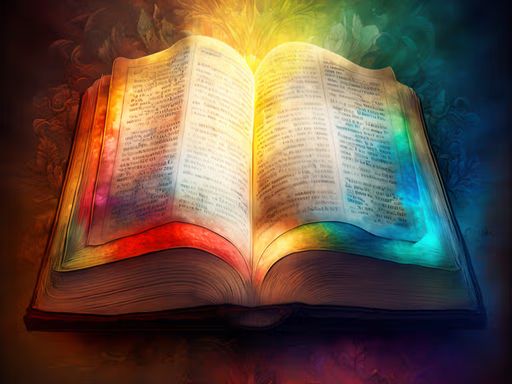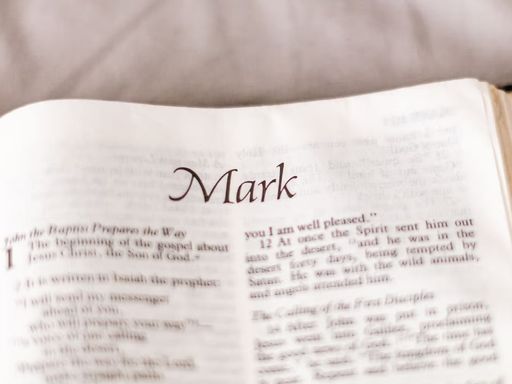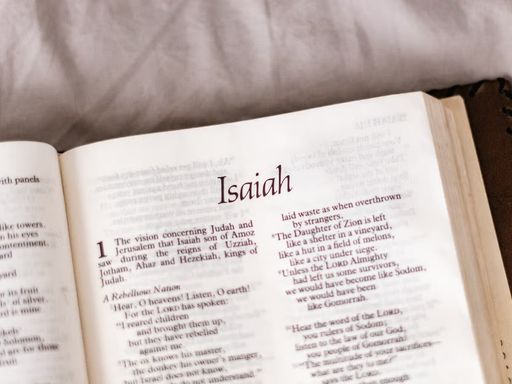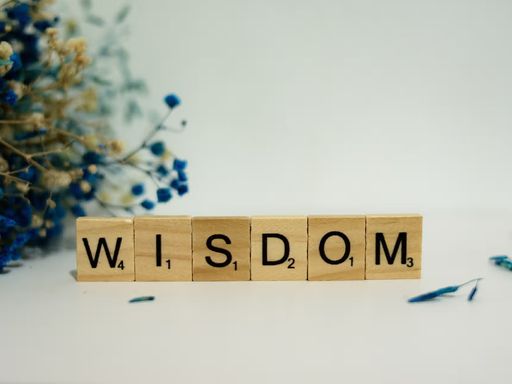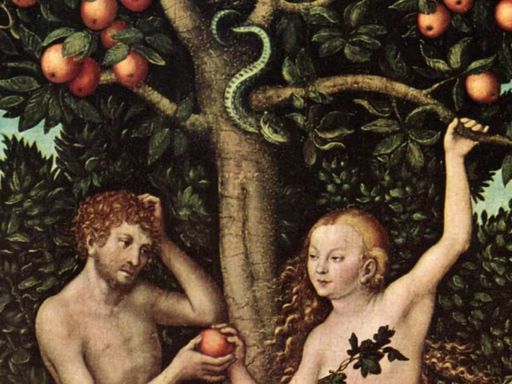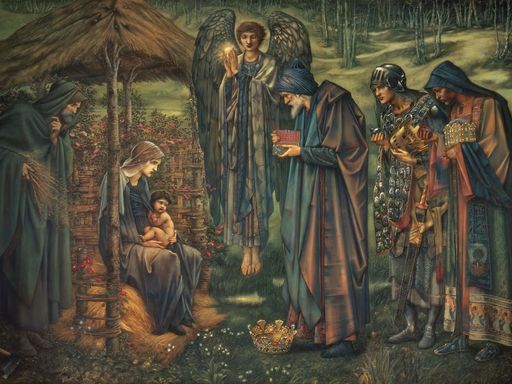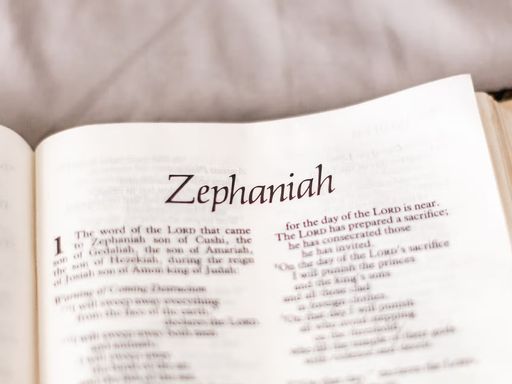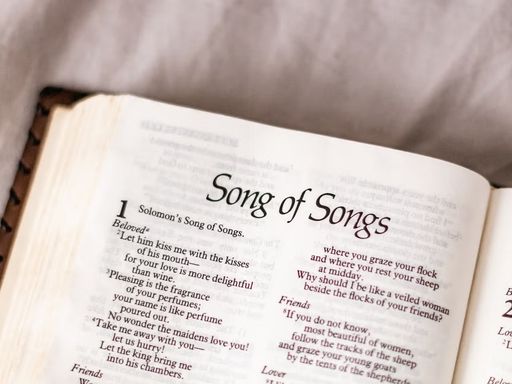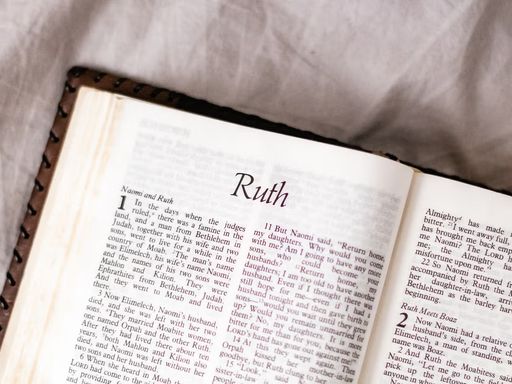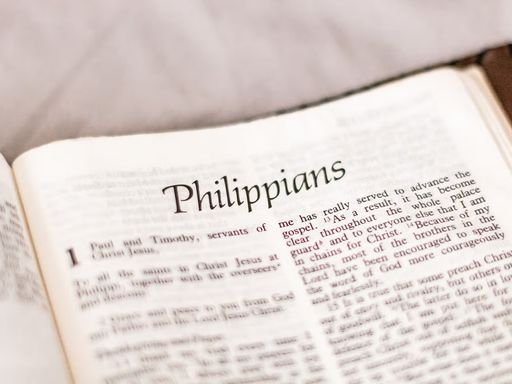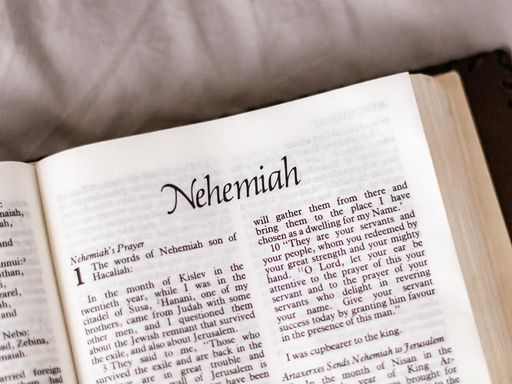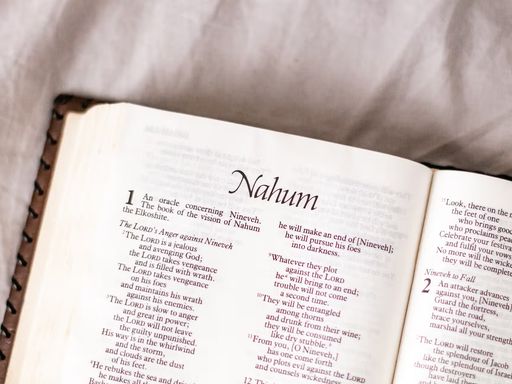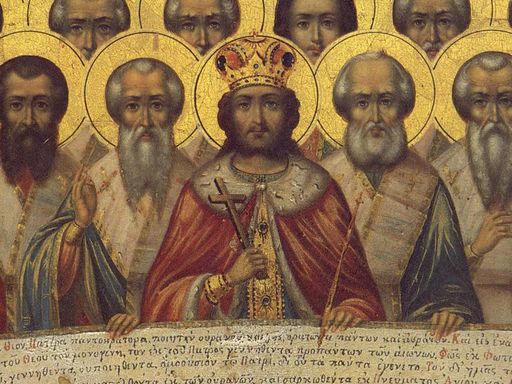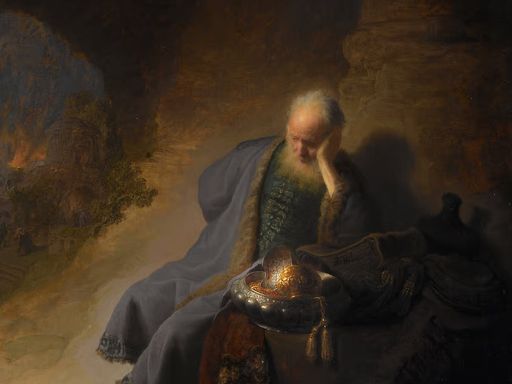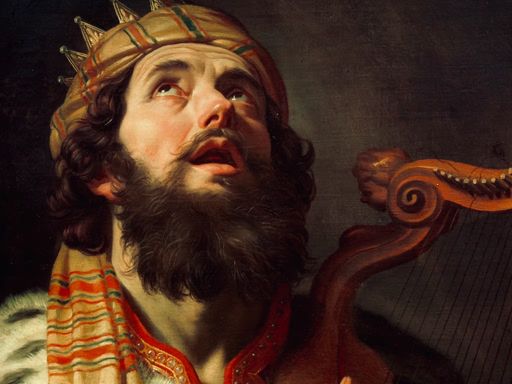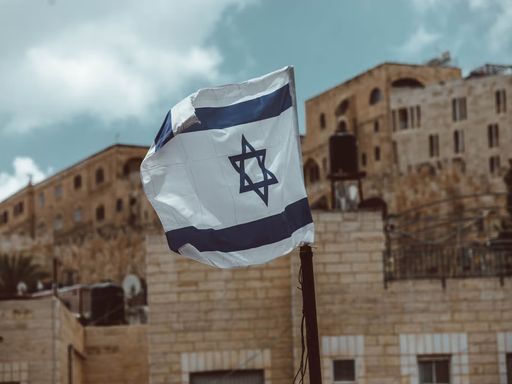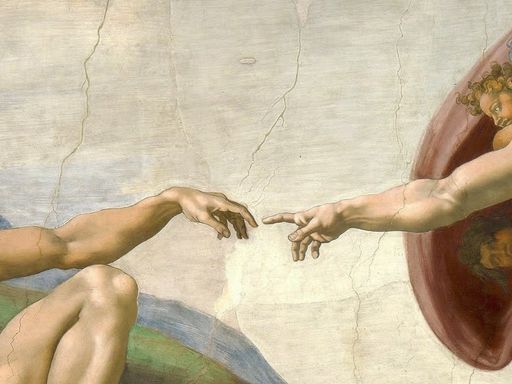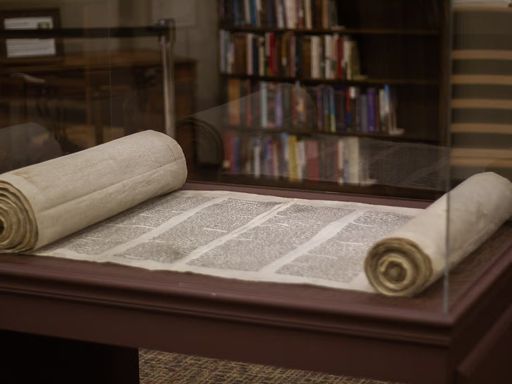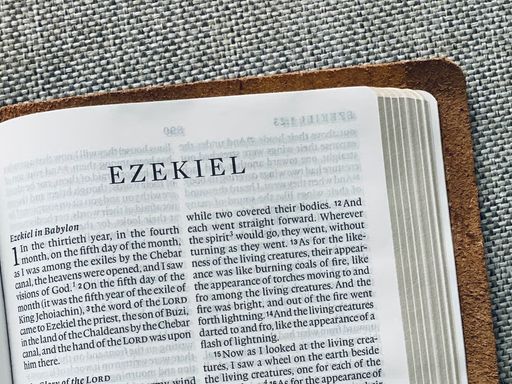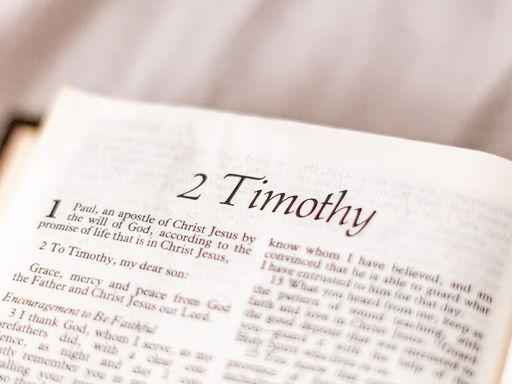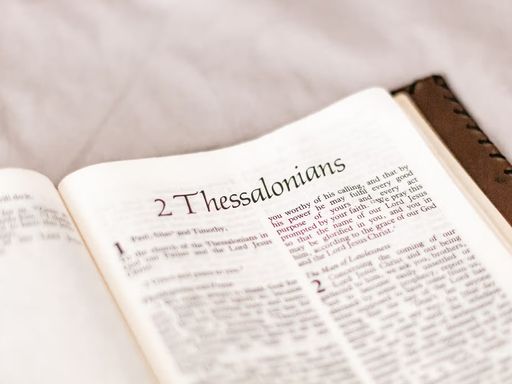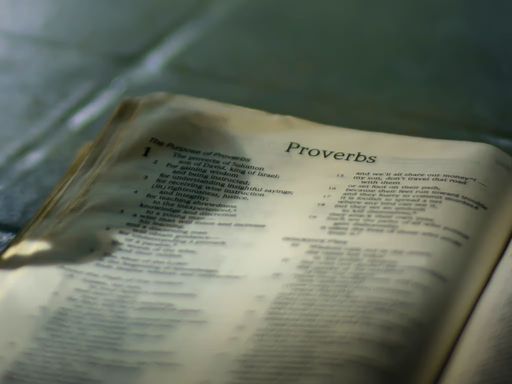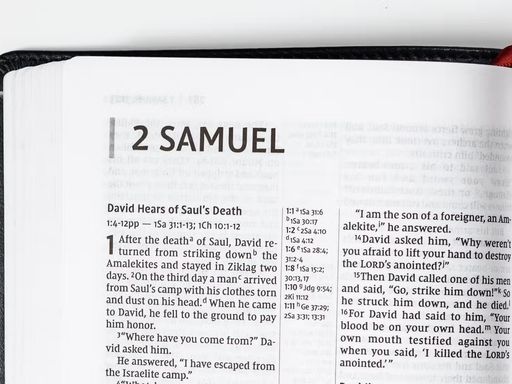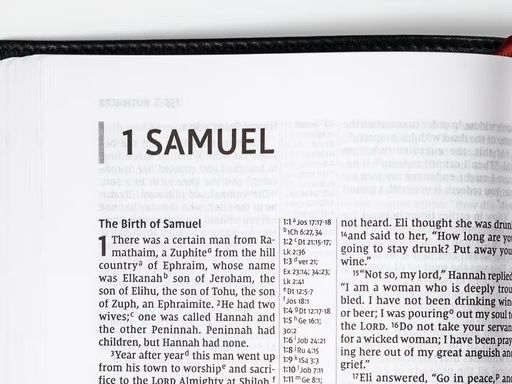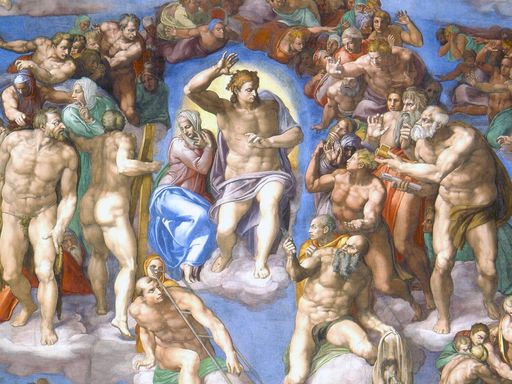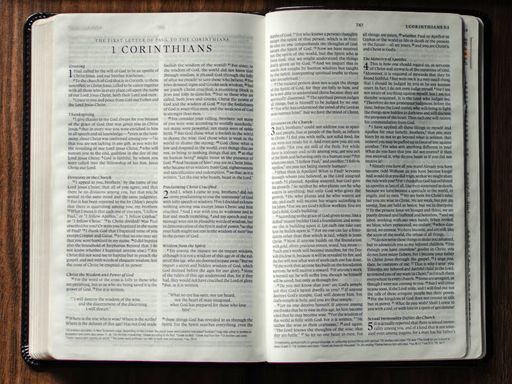
Exodus
Steve Gregg
Steve Gregg's "Exodus" is a 25-part teaching series that delves into the book of Exodus verse by verse, covering topics such as the Ten Commandments, Israelites' journey in the wilderness, the plagues of Egypt, and the construction of the Tabernacle.
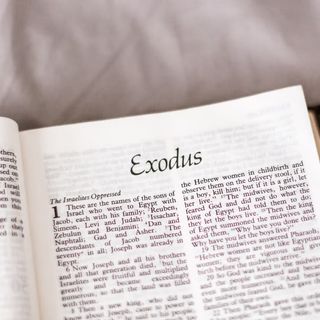
Exodus Introduction (Part 1)
The book of Exodus, traditionally believed to be written by Moses, is important in establishing the nation of Israel and is linked organically to Genesis as a continuation of the narrative. Exodus covers the affliction and release of the Israelites from Egypt, their wandering in the desert, and the

Exodus Introduction (Part 2)
The location of Mount Sinai, where half of the book of Exodus takes place, is still uncertain. However, conservative Christians increasingly identify Jabil-al-Laz in Saudi Arabia as the probable location due to its proximity to the Midian region. The book of Exodus contains significant themes and ev

Exodus 1-3
In Exodus 1-3, the Israelites were enslaved by the Pharaoh of the Hyksos dynasty in Egypt. The Pharaoh subjected them to hard labor and ordered the killing of male Hebrew babies. However, the Hebrew midwives and Moses' mother disobeyed and saved the male children. In a theophany, God appeared to Mos

Exodus 4
Exodus 4 covers Moses' commission to lead the Israelites out of Egypt, starting with his encounter with God through a burning bush. Despite Moses' objections, God assures him of His presence and equips him with signs and wonders to convince Pharaoh to release the Israelites. Aaron is appointed as Mo

Exodus 5:1 - 7:7
In Exodus 5:1-7:7, Moses and Aaron ask Pharaoh to let the Israelites go for three days to worship God, but Pharaoh refuses and makes their work harder by not providing them with straw for their bricks. Moses doubts his ability to be heard due to his unclean speech, but Yahweh designates him as his m

Exodus 7:8 - 8:32
In Exodus 7:8 - 8:32, the plagues inflicted on Egypt were examples of God's power and judgement over the gods of Egypt. The plagues, which lasted for about 10 months, were not necessarily miracles in the true sense of the word, but rather acts of providence where God manipulated the laws of nature.

Exodus 9 - 10
Exodus chapters 9-10 describe the nine plagues that Yahweh inflicts on Egypt in response to Pharaoh's stubborn refusal to let the Israelites go. Despite the devastating consequences on the Egyptian people, Pharaoh continues to harden his heart against God. The plagues serve as symbolic acts that dem

Exodus 11 - 12
Exodus 11-12 narrates the final plague of three days of darkness, which failed to make Pharaoh relent, and the death of the firstborns in Egypt, including Pharaoh's own firstborn. The Israelites were instructed to mark their doors with lamb's blood and eat unleavened bread and bitter herbs, while th

Exodus 13 - 14
Exodus chapters 12-14 continue to describe Jewish rituals such as the dedication of firstborns and the ongoing observance of Passover, which God ordained to remember important events and to keep specific laws in mind. The Israelites followed a pillar of cloud by day and a pillar of fire by night as

Exodus 15:1 - 16:3
Exodus 15:1-16:3 narrates the Israelites' journey after escaping slavery, including their crossing of the Red Sea and destruction of the Egyptian army. The chapter introduces prophetess Miriam and emphasizes the leadership roles of women in Old Testament times. Further, the Israelites faced a lack o

Exodus 16:4 - 17:16
Exodus 16:4-17:16 tells the story of the Israelites receiving manna from God in the wilderness, highlighting the concept of voluntary sharing and dependency on God's provision. The text also explores the importance of obedience to God's commands and the challenges of living solely on God's provision

Exodus 18 - 19
The chapters of Exodus 18 and 19 narrate the story of Jethro, Moses' father-in-law, advising him to delegate the responsibility of handling people's disputes to other able men to take some burden off him. Moses follows Jethro's suggestion and selects leaders at different levels based on their comple

Exodus Introduction to the Law
In Steve Gregg's "Exodus Introduction to the Law", the role and significance of the Law of Moses is explored. The Law is viewed positively as embodying moral wisdom directly from God, representing God's unchangeable nature and character. While it includes both moral behavior and worship procedures,

Exodus 20:1 - 20:12 (Commandments 1-4)
In Steve Gregg's commentary on Exodus 20:1-12, he highlights the first four commandments as focusing on loving God with all one's heart, soul, mind, and strength. The concepts of morality and love are intertwined, and the moral laws reflect God's character. The third commandment warns against taking

Exodus 20:13 - 20:17 (Commandments 6-10)
In Exodus 20:13-17, the sixth through tenth commandments are outlined. The sixth commandment, "You shall not murder," emphasizes the importance of justice and human life. While Jesus' teaching on turning the other cheek does not negate civil justice systems, the concept of "eye for an eye" was estab

Exodus 20:18 - 21:11
In Exodus 20:18-21:11, the Israelites react with fear to God's power and commands at Mount Sinai. The Book of the Covenant in Exodus 21-23 reveals God's ideas about justice in society, with a focus on treating slaves humanely and respecting women's rights in marriage. Though some of the biblical law

Exodus 21:12 - 22:31
Exodus 21:12 - 22:31 outlines laws related to society, including property rights and the value of livestock and land. In this society, violent crimes were punished with death while property crimes received restitution. The passage also touches on issues concerning self-defense, the treatment of the

Exodus 23-24
Exodus 23-24 serves as a guide to apply the Ten Commandments to daily living. The passage discusses the importance of honesty, impartial justice, and worshipping Yahweh God only. Additionally, it introduces the Sabbath year principle and the concept of festival celebrations. The chapter ends with Mo

Exodus 32
Exodus 32 describes the Israelites' creation of a golden calf, which led to idolatry and violated the second commandment. Moses intercedes with God to spare the Israelites, showing humility and concern for God's honor. While ultimately forgiven, the incident resulted in the deaths of over 3000 men a

Exodus 33 - 34
Exodus 33-34 describes Moses' conversation with God, where he asks to see His glory but is told that no man can see His face and live. God promises to send an angel to lead the people into the Promised Land, but Moses insists on having God's presence with them. The people display true repentance and

Exodus Tabernacle Overview
The Exodus Tabernacle served as a portable dwelling place for God among the Israelites and was a significant undertaking constructed from donated materials such as gold and wood. While Exodus provides a factual account of its design, size, materials, and positions, the New Testament recognizes Chris

Exodus Tabernacle Meaning (Part 1)
This passage discusses the meaning and symbolism behind the Exodus Tabernacle, which was a portable worship space used by the Israelites during their time in the desert. The Tabernacle is described as having multiple components, including an outer courtyard, an inner sanctuary, and a veil separating

Exodus Tabernacle Meaning (Part 2)
The Tabernacle in Exodus had many different elements that held spiritual significance, such as the walls made of boards, the showbread, and the altar of incense. These items were symbolic of Christ's body and represented aspects of his ministry and relationship with his followers. The Tabernacle als

Exodus Offerings
In Exodus, the people of Israel showed eagerness to contribute to the building of the tabernacle, giving both free will and mandatory offerings to support construction and maintenance. The offerings included precious materials and were used to construct furniture and garments for the priests. Despit

Exodus Priests
In the book of Exodus, the consecration of the priesthood and the elaborate garments they wore are detailed. Aaron and his sons were designated as the first priests and over time, the priesthood became more complex, with thousands of Aaron's descendants and 24 subgroups providing service at the temp
